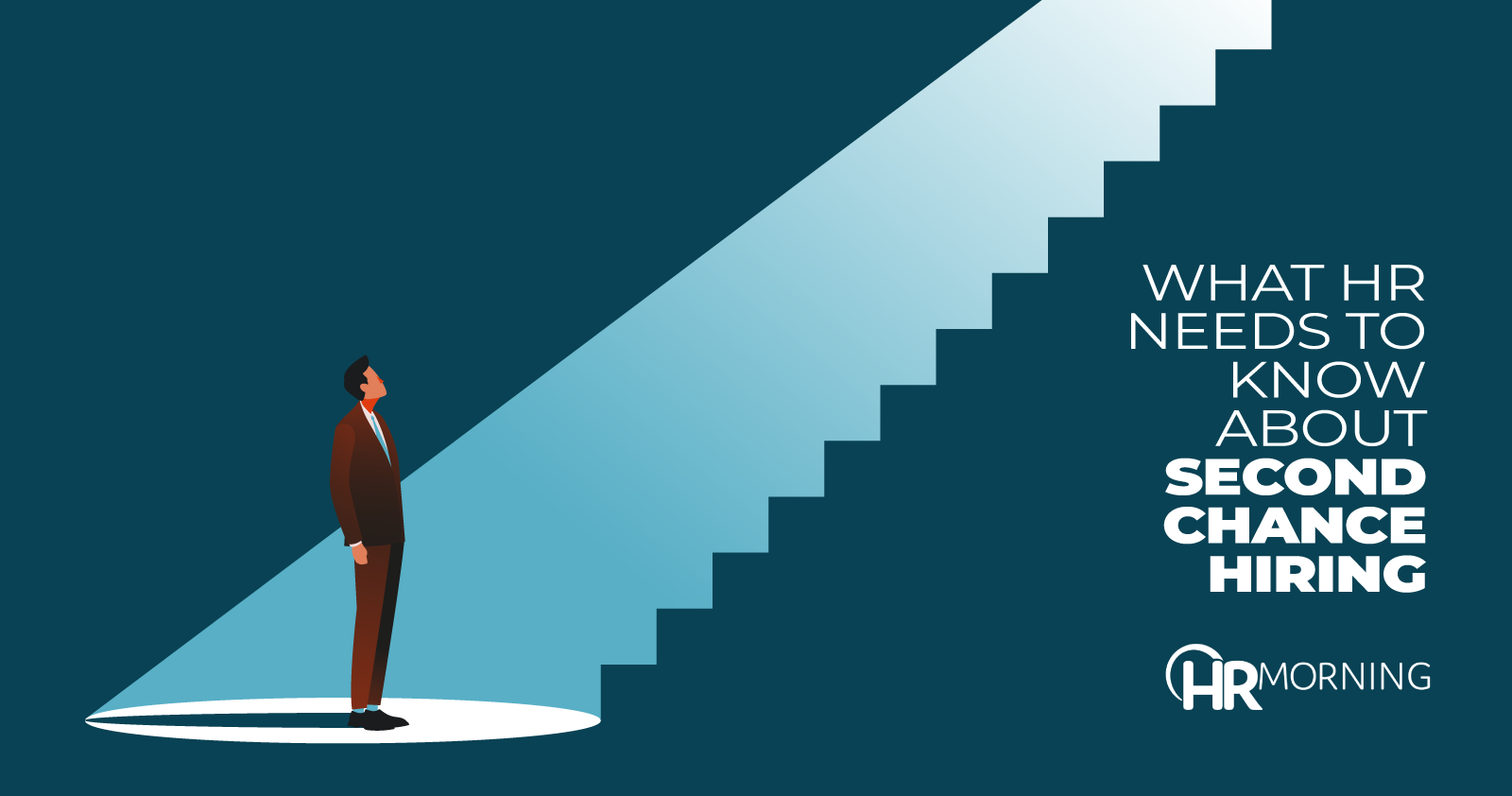Background Checks
Lawsuit turns spotlight on use of applicant background checks
A new federal lawsuit points out the dangers inherent in a commonly used applicant screening technique: background checks.
Lighter side: Employee pays back stolen money … by stealing again
Another example of why background checks can never be too thorough:
Negligent hiring price: More than $7 billion
A Texas jury has delivered one of the largest verdicts in American history in a negligent hiring case, ordering cable operator Charter Communications to pay more than $7 billion for the murder of an elderly woman who was killed by one of its service technicians in her home. The suit alleged that the company, which…

New tool to uncover hidden reference info
With all the difficulty in getting truthful references, more and more HR managers are turning to Web research and social-networking sites to get inside info on applicants. And some of the info they uncover isn’t available anywhere else — and isn’t pretty.
Proposed law would ban criminal checks on applicants
More reason to think twice about criminal background checks on job applicants: A new bill that’s been introduced in the House would make it illegal to ask candidates whether they’ve ever been convicted of a crime.
Ray Rice scandal: Can you legally fire a domestic abuser?
In the wake of the NFL’s Ray Rice scandal – and more recent domestic violence issues – a lot of employers are asking the same question: Can we fire an employee who’s committed domestic violence?
Recruiting: EEOC warns about background checks
When the Equal Employment Opportunity Commission started noticing an increase in discrimination suits based on background checks, the agency decided to warn employers about practices that could get them in trouble.
School bus driver suspended after driving five hours with kids
Here’s one more story about why complete background checks for potential employees might be a good idea.
Second Chance Month: HR’s guide to hiring formerly incarcerated individuals
April is Second Chance Month, aimed at “recognizing the importance of helping individuals, communities, and agencies across the country appreciate their role in supporting the safe and successful reentry of millions of people returning from incarceration each year,” according to the National Reentry Resource Center. For HR, Second Chance Month can be the perfect time to recommit…

States moving to bar some types of job-applicant checks
Advocates for the unemployed say in this tough economy, using certain types of background checks for job applicants is unfair. Some state state legislatures agree, and are taking steps toward barring those checks.
Texas vs. the EEOC and criminal background checks
The latest chapter in criminal background check drama finds an entire state suing the Equal Employment Opportunity Commission (EEOC).
The EEOC issues you'll want to keep an eye on in 2015
2014 was a pretty tough year for the Equal Employment Opportunity Commission. But that doesn’t mean employers can relax.
BLUEPRINTS
Get up to date with our Blueprints.

